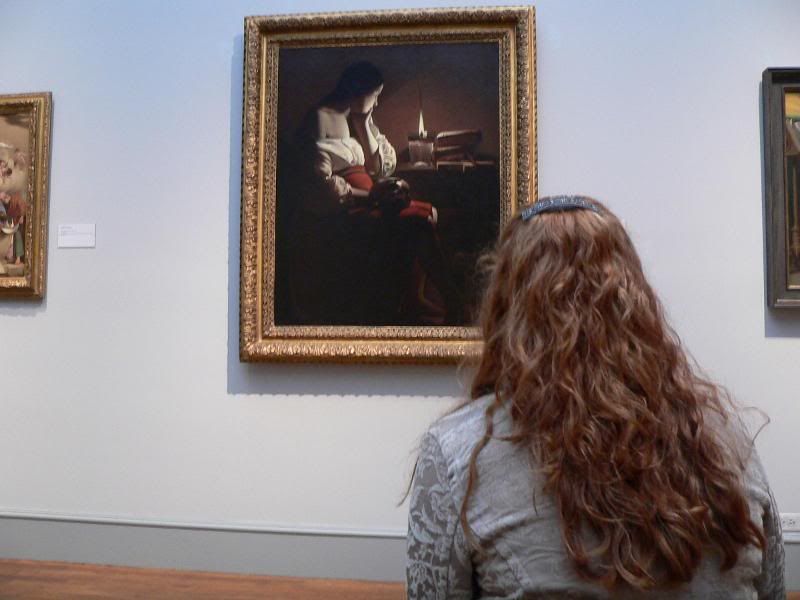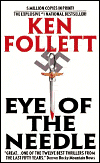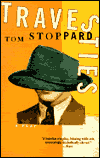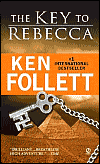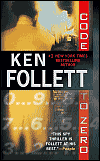
So by now it should be obvious that I like Ken Follett's books. Heck, I bought 6 more of them today. However, this is one of my favorites so far. I've really enjoyed them all, but this one is up there with Pillars of the Earth. Mossad, the KGB, Egyptian Intelligence, the Fedayeen, and a little obscure help from the Italian mafia... seriously, this book has everything! Nat Dickstien, a Mossad agent, has to steal 200 tons of uranium without it being linked back to Israel before Egypt can finish developing it's nuclear weapons program. If he fails, Egypt will win the race and the state of Israel, left unable to defend itself from a nuclear attack, would likely be undone.
I loved the main character and the plot, but more importantly I was happy that Follett discussed some difficult topics. Reading about the way Nat was treated during the Holocaust was somewhat gut-wrenching. Your teachers tend to ignore the topic of sexual experimentation on some of the prisoners. In your mind you know it probably happened (if you're a realistic person) and to read it was difficult, but truth is harsh. (Yes, I know that this is historical fiction, but experimentation did happen during the holocaust so he's not making it sound worst than it was.) Now, the context in which he tells you all this I could have done without. Fair warning: everyone of his books have at least one "bedroom " scene. I put bedroom in quotes for several reasons... sometimes it's not in a bedroom, sometimes it's just wishful thinking, other times it's forced on someone unwillingly, or anywhere in between. The scene is this book was by far the strangest and most uncomfortable of all (so far).
"Growing older he had gained skills but not wisdom. In fact, it seemed to him that he knew more and understood less." - 133
"'So are yours.'" -166 (Please tell me if you found that line odd...in it's original context of course.)
"I once knew a man called Wolfgang. He used to say, 'I just take orders.' Then he use to brake my leg." - 52 (Referring to a German Nazi who had broken his leg several times in a concentration camp, Nat emphasizes why one should not blindly follow orders without questioning them if they seem unethical.)



